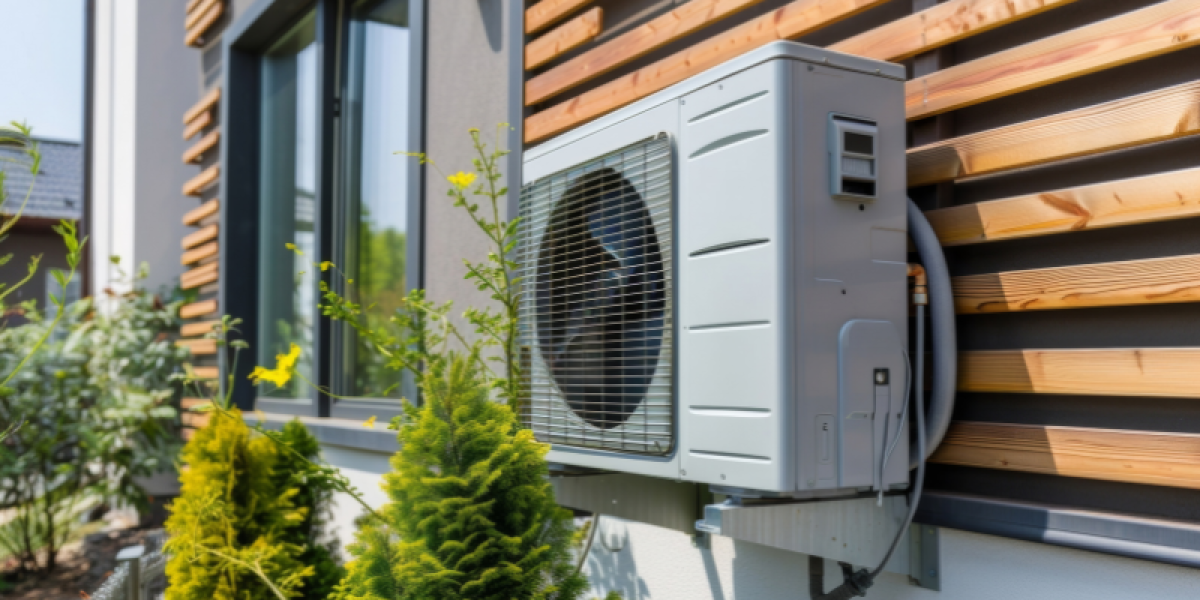Propane heat pumps: the growing eco-friendly solution
The propane heat pump market has experienced significant growth, with over 80 new models introduced in the past year, driving an increase in demand.

In recent years, the propane heat pump market has seen significant growth. Between 2023 and the first half of 2024, over 80 new models have been introduced. This increase is largely due to the growing demand for eco-friendly solutions and European regulations aimed at reducing hydrofluorocarbons (HFCs). Propane (R290) heat pumps offer a low climate impact alternative, though their flammability requires specific safety measures.
European leadership and technological innovation
According to BloombergNEF, Europe is leading the propane heat pump market, thanks to policies promoting the adoption of natural refrigerants. In 2022, these pumps already accounted for 8% of sales. European manufacturers, including Panasonic, Viessmann, Bosch, and Aira, are driving innovation in this sector.
Operation and benefits of propane heat pumps
Propane heat pumps operate similarly to HFC-based ones but use propane as a refrigerant, with a much lower Global Warming Potential (GWP). Projects like Fraunhofer ISE's LC150 are enhancing safety and efficiency by reducing the amount of R290 needed.
Economic challenges and future opportunities
Despite their environmental benefits, propane heat pumps face challenges related to initial costs and safety. However, their ability to operate at higher temperatures could reduce overall installation and insulation costs. In the United States, the lack of updates in safety codes still hampers the adoption of these technologies.
In summary, while Europe continues to lead the adoption of propane heat pumps, the global market is poised for growth with further technological and regulatory developments.


